Turkey's Free Trade Zones: A Complete Introduction to 19 Zones
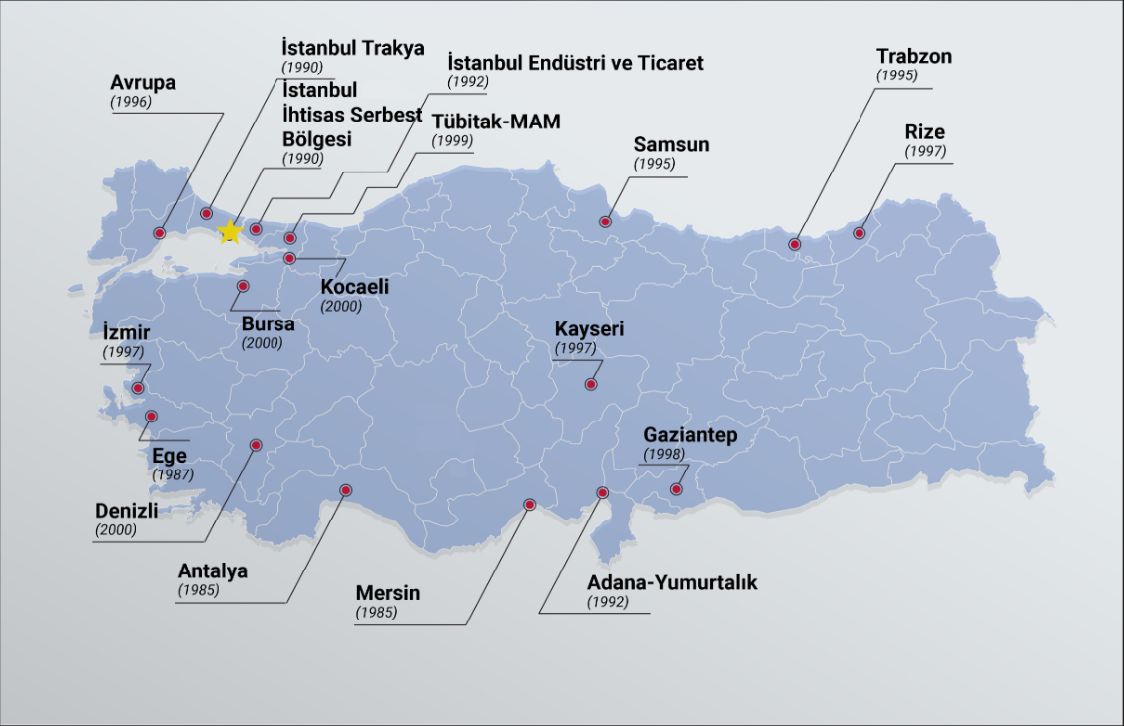
Turkey's Free Trade Zones: A Complete Introduction to 19 Zones
Turkey has established 19 Free Trade Zones with the aim of attracting foreign investment, increasing exports and economic development. These zones provide a suitable environment for industrial and commercial activities by offering tax exemptions, customs facilities and modern infrastructure.
Below, we will introduce these 19 zones:
1. Mersin Free Zone
The first free zone in Turkey, established in 1985, located near the port of Mersin; a center of maritime trade and exports.
2. Antalya Free Zone
Established in 1985; dedicated to light industries, shipbuilding and exports of industrial products.
3. Aegean Free Zone İzmir
Established in 1987; one of the most successful free zones, focused on the electronics, automotive and clothing industries.
4. Istanbul Atatürk Airport Free Zone
Established in 1990; Focused on air transport, sensitive and luxury goods.
5. Trabzon Free Zone
Established in 1990; Focused on exports to the Caspian Sea and Central Asia.
6. Istanbul Thrace Free Zone
Established in 1990; Excellent location for industrial production, textiles and exports to Europe.
7. Adana-Yumurtalık Free Zone
Established in 1992; Specialised in petrochemical and heavy industries.
8. Istanbul Industry & Trade Free Zone
Established in 1992; Suitable for industrial production and exports of technical goods.
9. Samsun Free Zone
Established in 1995; Important maritime transport and export hub to Russia and Eastern Europe.
10. European Free Zone – Tekirdağ
Established in 1996; Excellent location for industrial, textile and export production to Europe.
11. Rize Free Zone
Established in 1997; Active in the export of tea and agricultural products.
12. Kayseri Free Zone
Established in 1997; Active in the furniture and textile industries.
13. İzmir Free Zone
Established in 1997; Focused on the export of industrial and agricultural products.
14. Gaziantep Free Zone
Established in 1998; Suitable for food, carpet and textile industries.
15. TÜBİTAK Free Zone – Kocaeli
Established in 1999; Focused on research and development, advanced technologies and new industries.
16. Denizli Free Zone
Established in 2000; Focused on the export of textile products and minerals.
17. Bursa Free Zone
Established in 2000; Active in the automotive and industrial machinery industries.
18. Kocaeli Free Zone
Established in 2000; Near Istanbul; Specializing in advanced and chemical industries.
19. West Anatolia Free Zone – İzmir
Established in 2021; Turkey's newest free zone, located in Bergama, focusing on new industries and exports.
Benefits of Turkish Free Zones
• Tax Exemptions: Manufacturing companies in these zones are exempt from paying income tax and value added tax.
• Customs Facilities: Goods imported into these zones are not subject to customs duties.
• Modern infrastructure: Access to facilities such as electricity, water, gas, communications, and logistics services.
• Access to international markets: The strategic location of these regions allows for exports to Europe, Africa, the Middle East, and Asia.


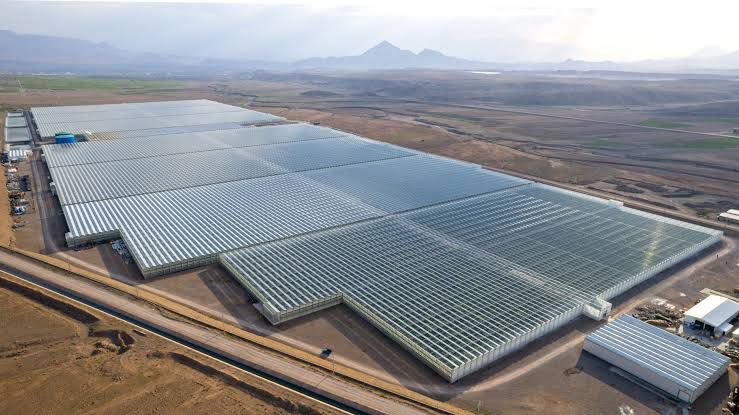


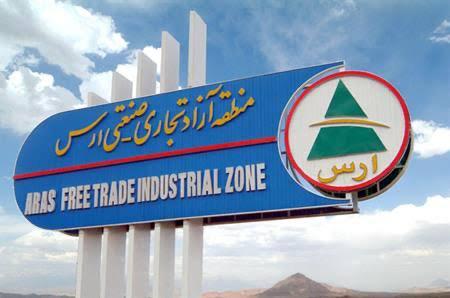
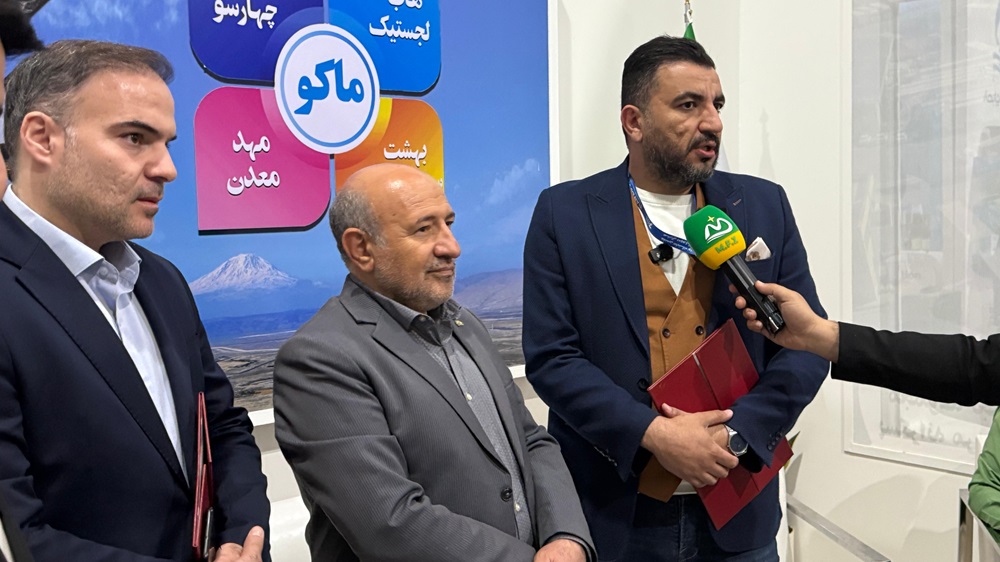
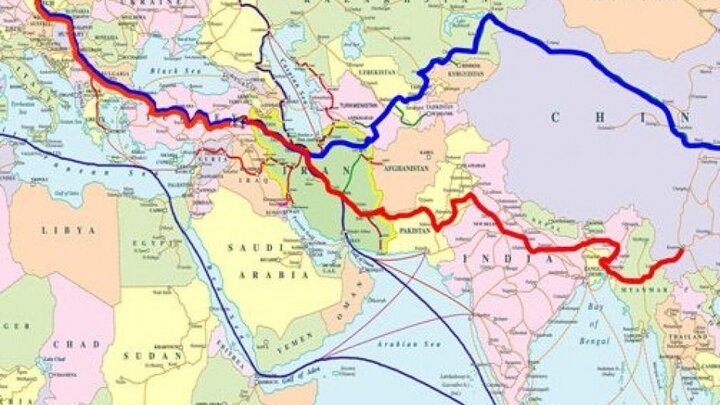

 و اتاق بازرگانی زنجان با تسهیل_گری کنسرسیوم اقتصادی ایران و ترکیه امض.jpg)